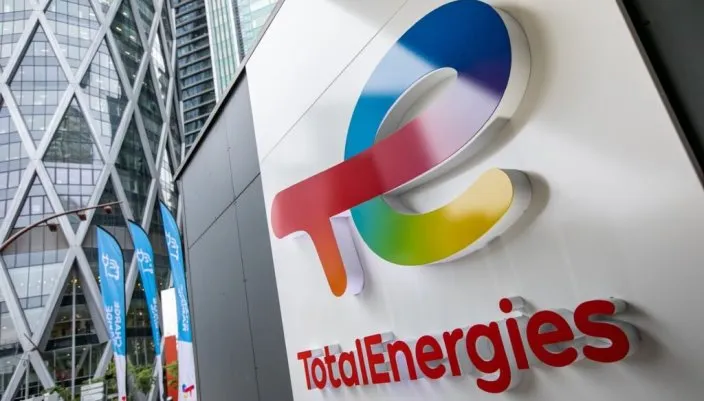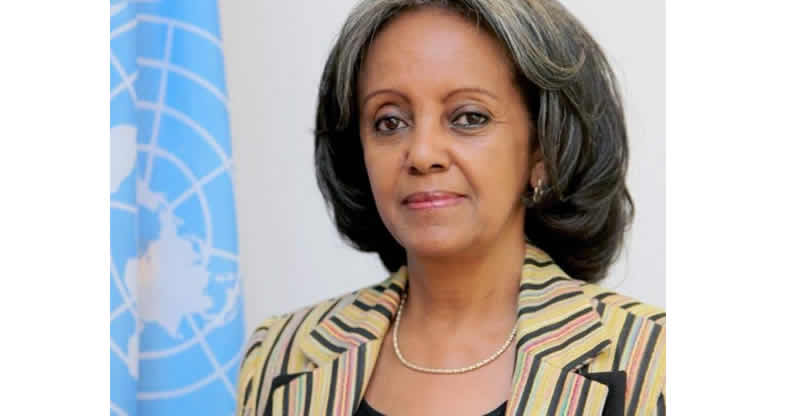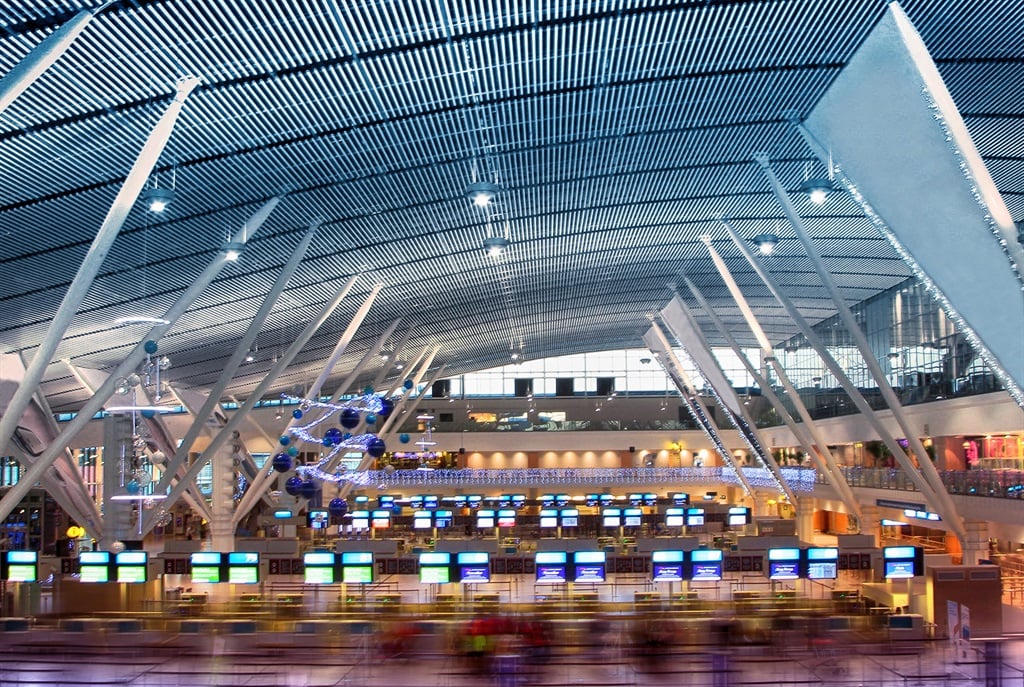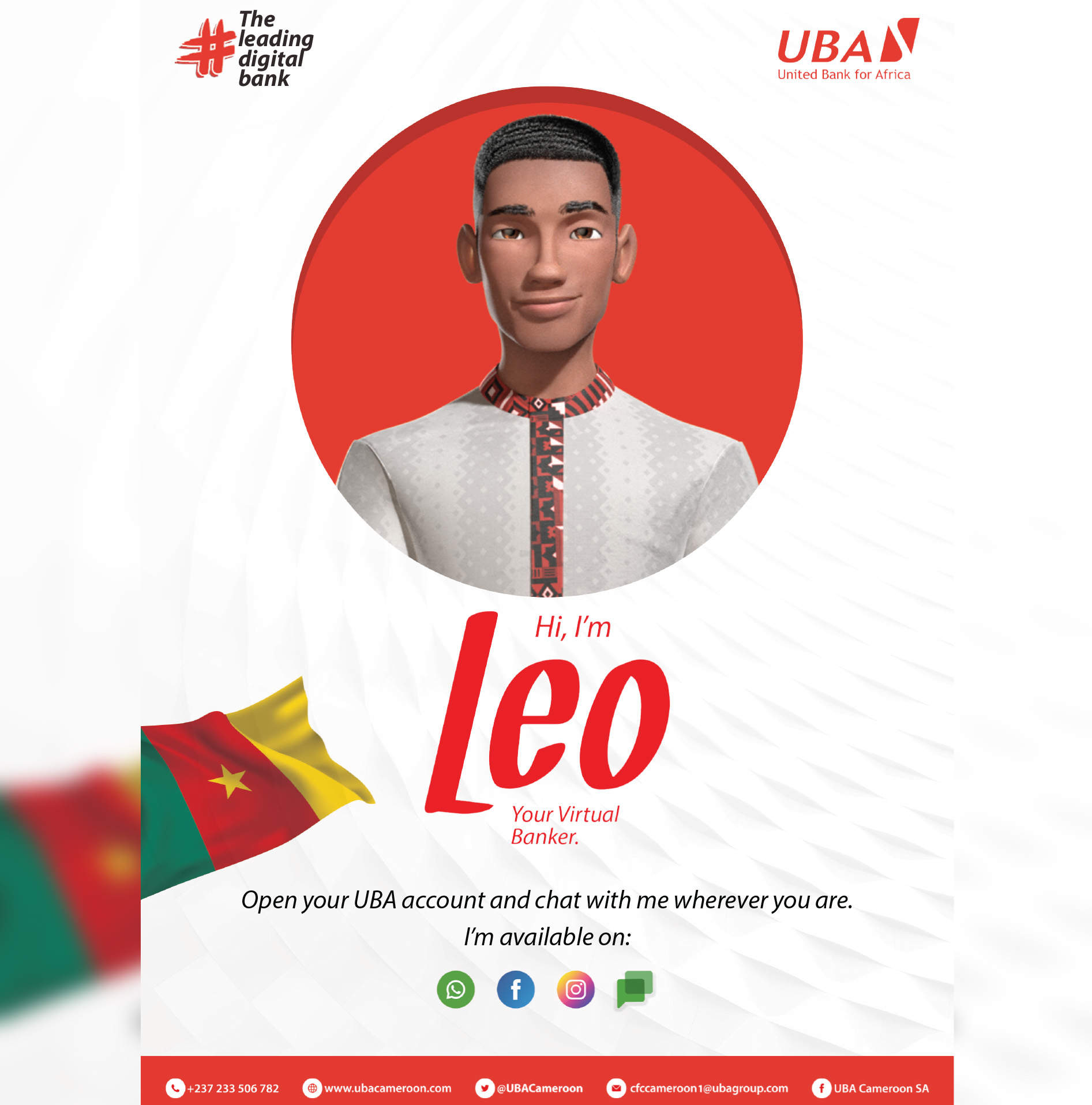Earlier in January 2023, Forbes reported that Africa’s 19 billionaires had a combined wealth of $81.8 billion, with Nigeria’s Aliko Dangote as the richest for the 12th consecutive year. South Africa led with five billionaires, followed by Egypt and Nigeria.
The ranking of the African continent’s 11 richest people as per real-time net worth figures from Forbes as of November 22 2023 puts Nigerian billionaire businessman, Aliko Dangote on top.
Earlier in January 2023, Forbes reported that Africa’s 19 billionaires had a combined wealth of $81.8 billion, with Nigeria’s Aliko Dangote as the richest for the 12th consecutive year. South Africa led with five billionaires, followed by Egypt and Nigeria.
As of November 22, 2023, the ranking of Africa’s richest includes Aliko Dangote with $10.1 billion, Johann Rupert at $9.7 billion, and Nicky Oppenheimer with $8.3 billion, highlighting their diverse sources of wealth ranging from cement to luxury goods and diamonds, as published by CNBC Africa.
Other notable billionaires include Nassef Sawiris from Egypt with $6.9 billion, Nigeria’s Abdulsamad Rabiu at $6.4 billion, and Issad Rebrab from Algeria worth $4.6 billion, each contributing significantly to sectors like sportswear, cement, sugar, and food processing in the continent.
There are no female billionaires on the list of Africa’s richest.
Aliko Dangote’s real-time net worth is $10.1 billion. The 66-year-old self-made billionaire in cement and sugar founded and chairs Dangote Cement, the continent’s largest cement producer, which has the capacity to produce 48.6 million metric tons annually and has operations across Africa.
After many years in development, Dangote’s fertilizer plant in Nigeria began operations in March 2022. Dangote told Forbes that when he was young, he bought sweets, gave them to others to sell, and he kept the profits.
Johann Rupert and family is worth $9.7 billion as of November 22 2023. The 73-year-old South African luxury business magnate residing in Cape Town is chairman of Swiss luxury goods firm Compagnie Financiere Richemont that’s best known for the brands Cartier and Montblanc. He is Africa’s second richest man and is married with three children.
Nicky Oppenheimer and family, with a net worth of $8.3 billion, is at number three on the African continent. The South Africa-based Oppenheimer, 77, heir to the DeBeers diamond fortune, sold his 40% of the firm to mining group Anglo American for $5.1 billion in cash in 2012. For 85 years until 2012, the Oppenheimer family occupied a controlling spot in the world’s diamond trade.
Nassef Sawiris is the Cairo resident, with a real-time net worth of $6.9 billion. An investor and a scion of Egypt’s wealthiest family, his most valuable asset is a nearly 6% stake in sportswear maker Adidas. The 62-year-old in construction and investments also runs OCI, one of the world’s largest nitrogen fertilizer producers, with plants in Texas and Iowa.
Also from Nigeria, the continent’s biggest economy, is Abdulsamad Rabiu with a real-time net worth of $6.4 billion. The 63-year-old’s origin of wealth is cement and sugar. He is the founder of BUA Group, a Nigerian conglomerate active in cement production, sugar refining and real estate. In early January 2020, Rabiu merged his privately-owned Obu Cement company with listed firm Cement Co. of Northern Nigeria, which he controlled.
Issad Rebrab and family have a net worth of $4.6 billion. The 79-year-old Algerian founded Cevital and served as its CEO for more than 50 years. He named his son, Malik, CEO in July 2022. Cevital, Algeria’s biggest privately-held company, owns one of the largest sugar refineries in the world, with the capacity to produce 2 million tons a year.
Mohamed Mansour’s net worth is at $3.6 billion. The self-made 75-year-old Egyptian businessman oversees family conglomerate Mansour Group, which was founded by his father Loutfy (d. 1976) in 1952 and has 60,000 employees. Mansour established General Motors dealerships in Egypt in 1975, later becoming one of GM’s biggest distributors worldwide.
Naguib Sawiris with a real-time net worth of $3.3 billion is a scion of Egypt’s wealthiest family. His brother Nassef is also a billionaire. He built a fortune in telecom, selling Orascom Telecom in 2011 to Russian telecom firm VimpelCom (now Veon) in a multibillion-dollar transaction.
Yet another notable businessman from Nigeria is the 70-year-old Mike Adenuga, whose real-time net worth is $3.1 billion as per Forbes. He built his fortune in telecom and oil production.
The self-made Lagosianis known for having made his first million at age 26 selling lace and distributing soft drinks.
Cape Town-based Koos Bekker, 70, was worth $2.4 bililon as of November 22, and is revered for transforming South African newspaper publisher Naspers into an e-commerce investor and cable TV powerhouse. His Babylonstoren estate, nearly 600 acres in South Africa’s Western Cape region, features architecture dating back to 1690, a farm, orchard and vineyard and more.
Patrice Motsepe has a net worth today of $2.3 billion. The mining tycoon is the founder and chairman of African Rainbow Minerals. He became a billionaire in 2008 – the first black African on the Forbes list. In 2016, he launched a private equity firm, African Rainbow Capital, focused on investing in Africa. Motsepe is also the president and owner of Mamelodi Sundowns, one of the most valuable clubs in Africa. In March 2021, he was elected president of the Confederation of African Football.



 diplomacy4 semaines ago
diplomacy4 semaines ago
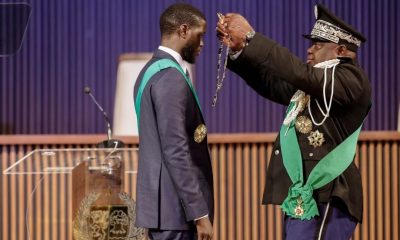

 News3 semaines ago
News3 semaines ago


 News3 semaines ago
News3 semaines ago
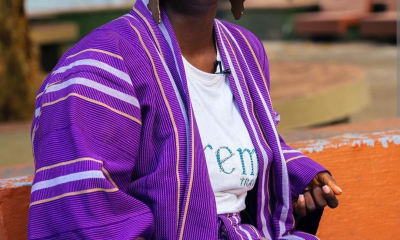

 News2 semaines ago
News2 semaines ago


 Features2 semaines ago
Features2 semaines ago


 Entertainment4 jours ago
Entertainment4 jours ago

